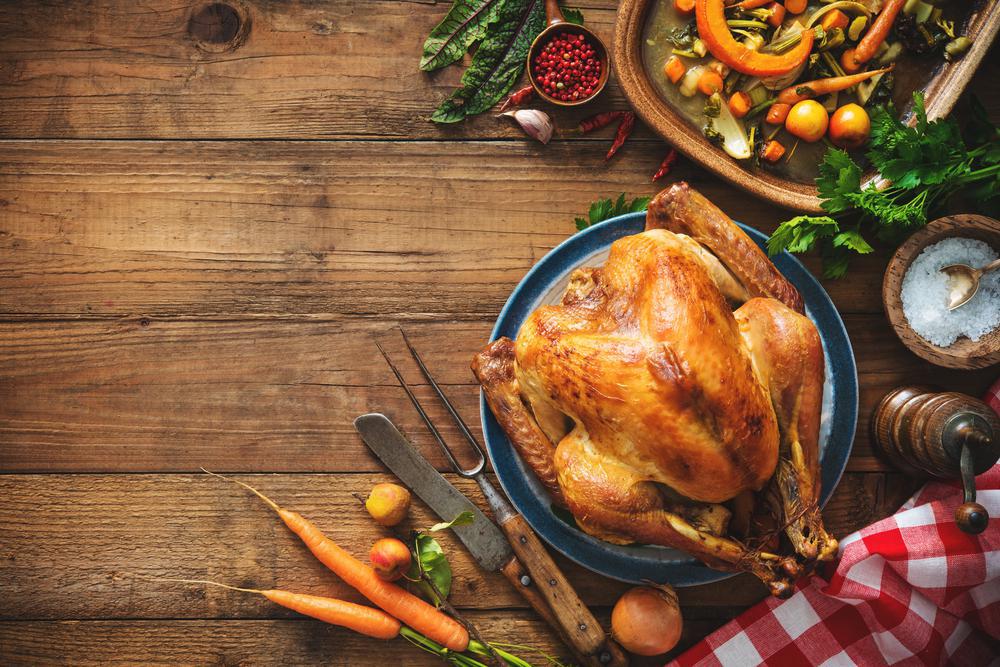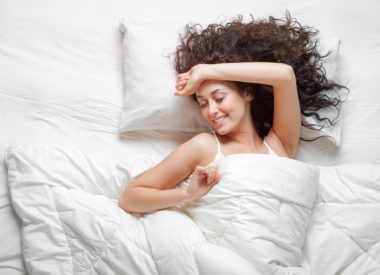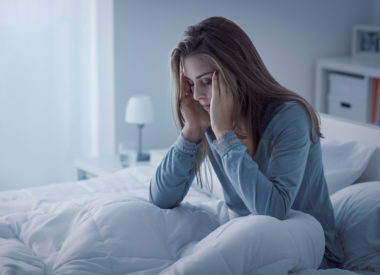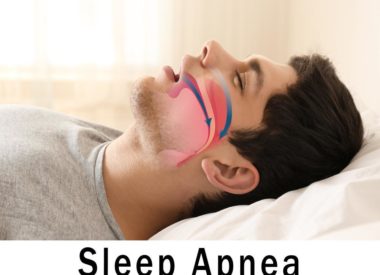Don’t blame your Thanksgiving turkey for feeling sleepy today
It’s easy to blame the Thanksgiving turkey for causing your late-day lethargy on this day of feasting. After all, the poor bird can’t speak for itself, and it’s the centerpiece of most holiday meals in the United States.
We believe our nationally shared “food coma” on the last Thursday in November is directly caused by an overdose of tryptophan in our bloodstream.
However, the myth of the turkey as the cause of Thanksgiving day fatigue and sleepiness has been busted, soundly and repeatedly, by scientists.
Yes, turkey has tryptophan. And yes, tryptophan, in the right amounts, and consumed in a specific way, can make you sleepy.
But our shared Thanksgiving day “food coma” can hardly be blamed on a roasted bird.
What is tryptophan?
This is a substance in our body that we need, but which we cannot manufacture ourselves. It’s an essential amino acid, and we rely on dietary sources to provide it.
Its job is to regulate certain chemicals in our bodies. For instance, tryptophan is critical for helping us to process serotonin, which is a neurotransmitter we produce in order to regulate our moods.
Tryptophan isimportant because it helps our brains to convert some of our serotonin supply into melatonin. As we’ve already discussed here, melatonin is a hormone that regulates sleep.
Tryptophan itself could make us sleepy if it’s consumed without any other food and on an empty stomach. But does that happen on Thanksgiving Day? Hardly.
Turkey may be erroneously blamed for an overdose of sleepiness on Thanksgiving Day because it supplies tryptophan, but it’s not our only source. Pork, chicken, fish, cheese, yogurt, eggs, and nuts also supply us with this substance.
(Let’s look at tryptophan in a different context. In Seattle, you don’t see people tailgating prior to Seahawks home games eating pulled pork, barbecued chicken, smoked salmon, or real cheese nachos then sliding off to nap at halftime at CenturyLink field.)
The fact is, turkey also contains other amino acids which serve to counteract the effects of tryptophan, so we really can’t blame it for feeling sleepy.
Even vegetarians have no means for escape: soybeans are one of the highest food sources of tryptophan!
So, what makes us sleepy on Thanksgiving Day?
Here are a few explanations for that need to nap after an early feast:
-
If you traveled across time zones to get to Grandmother’s house (and not over the river and through the woods), then you might be jet lagged.
-
Are you a working parent with young children and little time off? Chances are you are tired because you are sleep deprived. Taking a day off from work may only enhance the feeling of sleepiness you experience every day.
-
Has this been a rough season emotionally or physically? If you’ve suffered ongoing stress but have not found a way to cope with it, your fatigue and exhaustion may be a warning sign that you need to do more to take care of yourself. Stress hormones in elevated supply can lead to insomnia, daytime sleepiness, or sleep fragmentation.
-
Our bodies naturally become drowsy after eating large quantities of food in general. After dinner, we experience postprandial sleepiness, which is related to the digestion of large amounts of food.
-
People who eat lots of carbohydrates tend to feel sleepy afterwards. It’s part of the body’s reaction to breaking down starches (like what you’d find in candied yams, stuffing, and mashed potatoes). Insulin and blood sugar balances are disrupted while the pancreas and liver work to mitigate these imbalances through digestion.
-
How many glasses of wine (or pints of beer, or shots of bourbon, etc.) did you imbibe over the afternoon? Alcohol is not considered a stimulant, but a depressant. Too much can lead to sleepiness.
-
Did you skip breakfast and lunch because you knew you would eat a feast later? That actually creates a problem with your metabolism, and overeating because you are starving is going to be the outcome.
If you’re tired at the end of the big day, take heart! Your body is merely doing its job. After all, just because it’s Thanksgiving doesn’t mean your body is also on holiday.
Instead, it’s telling you, through various signals, that you’ve eaten enough… enough!… too much!! The next thing you know, you’re loosening your belt buckle.
You feel full and sleepy because you ignored your body’s messages to stop eating all that delicious food, and your body is now in metabolic overload. Resting is its way to facilitate digesting and correcting imbalances in blood sugar and insulin.
So take that nap. It’ll do your body good. (Or better yet, don’t overeat on Thanksgiving!)
Sources:
Loyola University Health System
The New York Times



